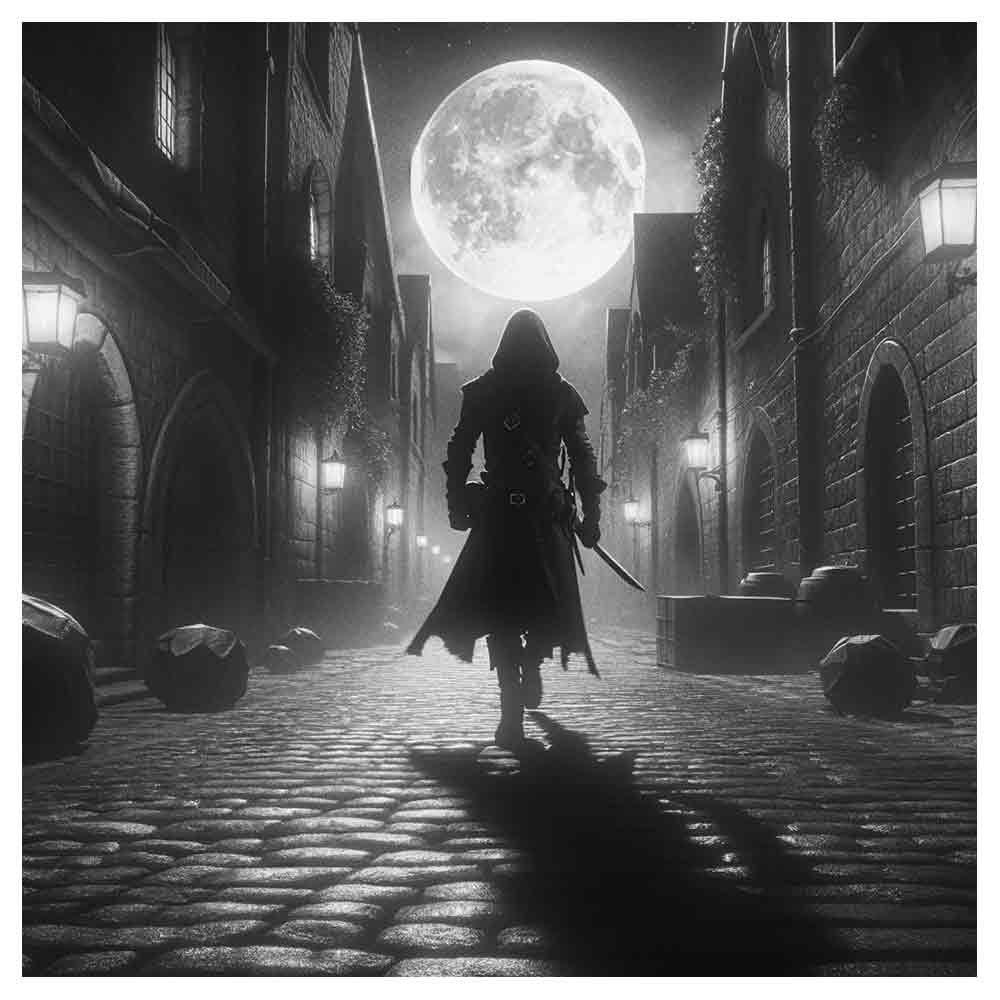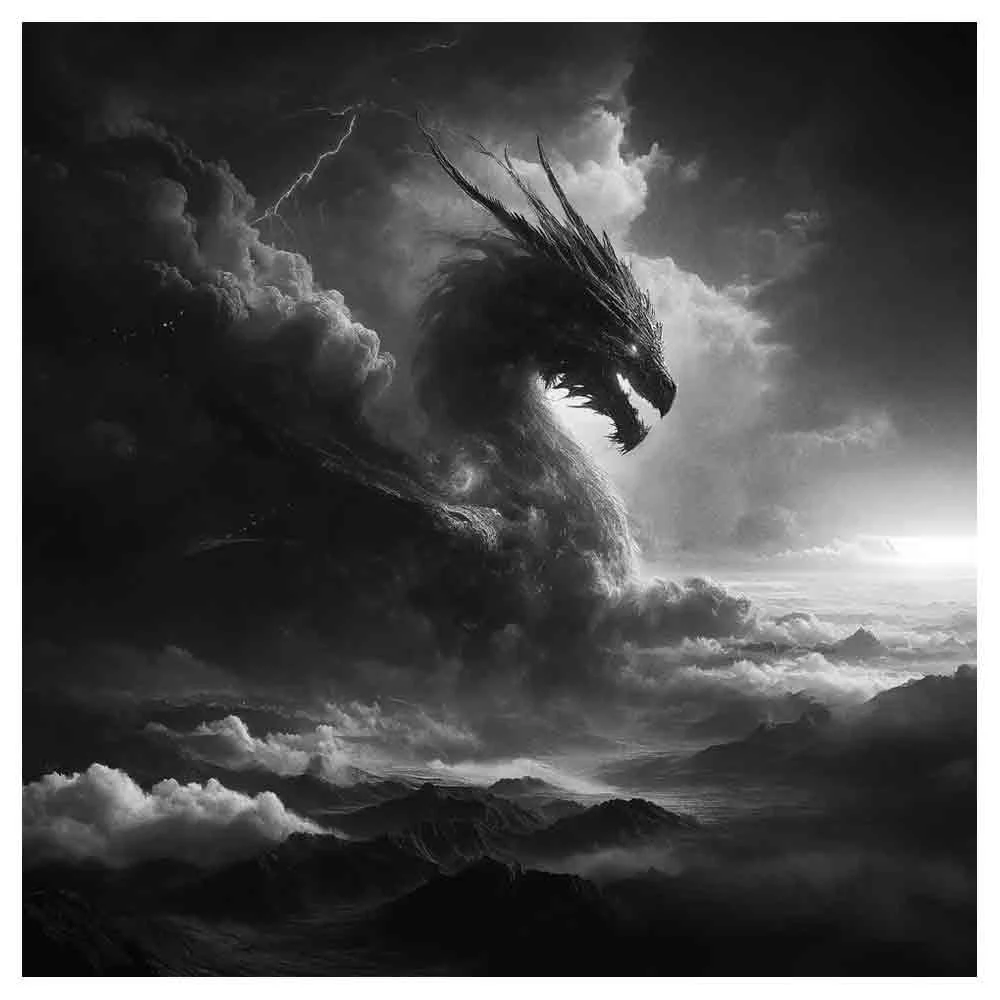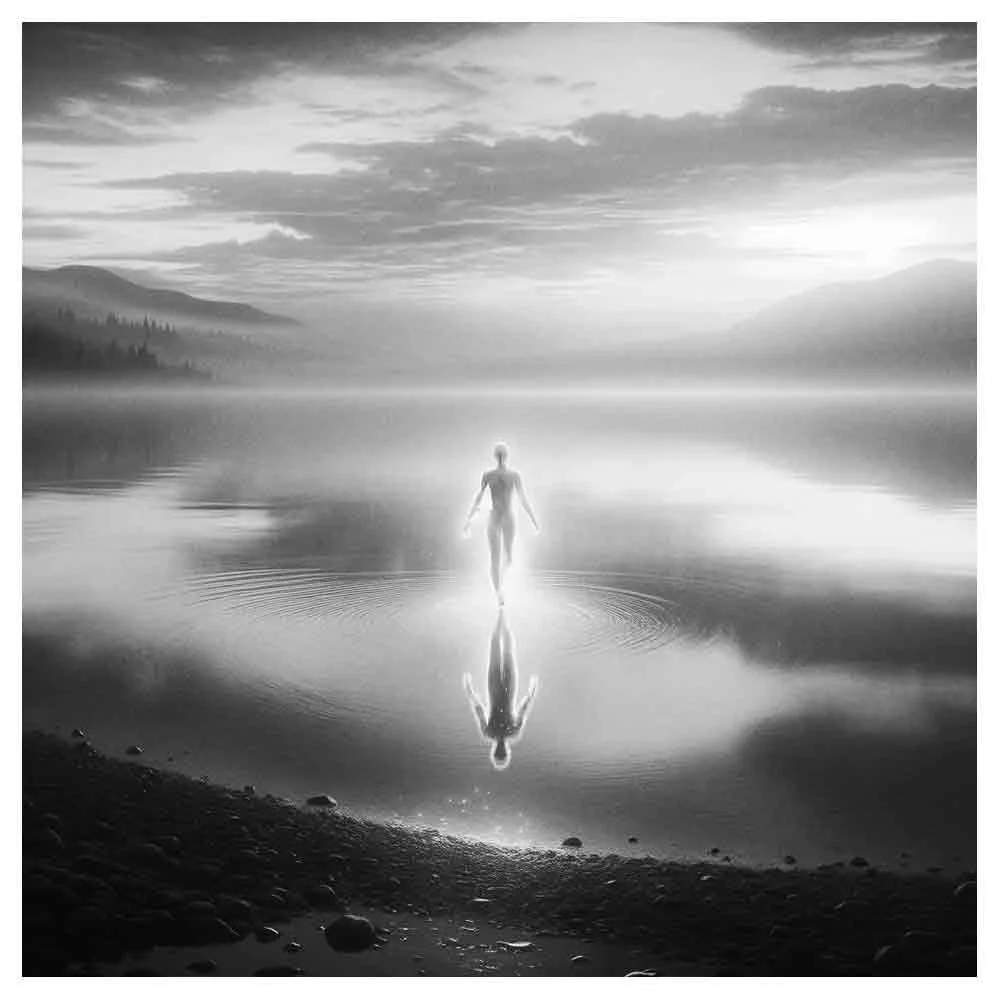How to Write a Myth? Channeling Ancient Tales into Modern Narratives
Writing is a journey, and when it comes to penning down myths, the path you tread often takes you back to the distant past where ancient myths ruled hearts and minds. Have you ever wondered how to write a myth?
Strap in and travel through time as we decode the magical process.
The Foundations of Mythology
Understanding Myth: At its core, a myth is a traditional story passed down through generations. Myths exist in many cultures and often explain natural phenomena, human behavior, or moral lessons. They've been told in different writing styles since time immemorial, starting with the written language of ancient Greece.
Purpose of Myth: Beyond entertainment, a myth explains universal truths and lessons, defining cultures and values. They're not just tales; they're the heartbeat of civilizations.
Components of Myth: From mortal heroes who face supernatural beings to gods and iconic symbols, myths weave a rich tapestry of imaginative tales.
The Pillars of Crafting Your Own Myth
Research Myths from Various Cultures: Before you start writing, delve into the world of Greek mythology, tales of Egyptian gods, or the legendary Trojan War. Understand the structure, the characters, and the essence that makes these stories timeless. You're not copying but understanding.
Decide the Core Message: What do you want to convey? Is it an interesting story about human virtues or perhaps an explanation for natural events like how the sea gods control the tides?
Creation Myth or Hero's Tale?: The creation myth explains the origin of the world or aspects of it. On the other hand, a story about a hero who is super strong and overcoming challenges tells about character and resilience. Which path does your heart align with?
Let's Pen it Down
Create Characters: Begin with your main character. Is it an ordinary person bestowed with special talents or perhaps a deity from a distant land? Their strengths, weaknesses, desires, and fears will drive your story.
Setting the Scene: Imaginary places or real locations tinted with magic? The world-building process is essential. Remember, the world you build should align with the culture and time periods you've chosen.
Narrative Style: Myths have been told in various writing styles. From descriptive narratives that paint detailed pictures to succinct tales, choose what resonates with you.
Writing Process: Now, start writing. Craft your narrative with an introduction, a challenge or conflict, a climax, and a resolution. Remember how every real myth ends, with a lesson or a reflection, ensuring your myth has that!
The Finishing Touches
Review & Revise: Every good myth has been told and retold. Once you've penned down your own story, go over it. Look for grammar mistakes, ensure correct spelling, and tweak it for better flow.
Seek Feedback: Share your tale with others. Get their personal opinion. How do they feel about your mythological style? Do the gods bless your efforts, or do they feel something's amiss?
Incorporate Changes: Maybe your hero needs to train hard. Perhaps the political influence in your myth needs more depth. Revising is a crucial part of the writing journey.
In Conclusion
Writing myths is an art form that has been passed down through cultures. It requires a blend of imagination, research, and dedication.
While it might seem like a harsh time initially, remember, every writer, even those who gave us the ancient myths, started as novices. With the right passion and dedication, you can craft a tale that might one day stand alongside the stories of yore.
In the words of an ancient bard (okay, we made this up for effect), "In the world of myths, tales twist and turn, but a well-crafted story, forever it shall burn."
Happy Myth Writing!
P.S.: For those looking for a short story example with a mythical touch, think about the bay where trees bend, touching the waters with their bay branches. Why do they bend? Maybe there's a deity in the depths, listening to the whispers of the trees. And just like that, you have the beginnings of a new tale!
Frequently Asked Questions About The Art of Crafting a Myth (FAQs)
What is a myth?
A myth is a traditional story, often rooted in ancient myths, that explains universal truths, lessons, or phenomena.
Many myths from many cultures have served to explain natural phenomena or delve into human behavior, providing insight and moral lessons.
How does one start with the process of how to write a myth?
To write a myth, one should:
Research myths from diverse cultures.
Decide on the core message or lesson.
Create characters and set them on their journey.
Use the writing process to structure your narrative.
Revise and refine!
Are myths only related to ancient cultures like ancient Greece?
While ancient Greece is renowned for its Greek mythology, myths exist across many cultures, from stories of Egyptian gods to legends of sea gods in maritime cultures. Every culture has its iconic tales.
What is a creation myth?
A creation myth is a subset of myths that explain the origins of the world, its creatures, or cultural practices. Think of them as the backstory to the universe!
Can my myth be set in the present day?
Absolutely! While many myths hail from the distant past, modern myths can be set in the present or future. It's the essence and the lessons that count.
Can I base my myth on other myths or stories?
Of course. Drawing inspiration from other myths or tales like the Trojan War can be a great starting point. However, ensure your own story retains originality and a fresh perspective.
How detailed should my myth be?
This depends on your style. Some myths thrive on detailed descriptions, while others use a sentence explaining the core idea. Find the balance that feels right for you.
Any tips for creating compelling characters?
Absolutely! Remember:
Your main character doesn't always have to be a god or hero super strong; an ordinary person can make for an engaging protagonist.
Mortal heroes can be flawed; this makes them relatable.
Introduce new characters as allies, foes, or guides.
How do I ensure a good mythological style in writing?
Here are a few ideas:
Introduce supernatural beings or magical items.
Incorporate iconic symbols from the culture you're drawing from.
Use a descriptive epithet—an adjective or phrase expressing a quality or attribute.
What if I'm not well-versed in ancient myths?
No worries! Dive into the world of mythology through research. Seek tales from various cultures. Understand their structure, values, and the essence that makes these stories resonate through time.
I'm unsure about my writing style. Any advice?
The world of myths is vast, and there are different writing styles to explore. Whether it's poetic, verbose, or concise, the key is consistency.
Ensure correct spelling, avoid grammar mistakes, and remember: every writer, ancient or modern, started somewhere!
How should my myth end?
Most myths conclude with a resolution, lesson, or reflection. Think about how every real myth ends—often, it leaves the reader or listener pondering.
Any final words of inspiration?
In the words of early missionaries who spread stories across lands: "May the gods bless your pen, for in it lies the power to create worlds."
Embrace the journey, enjoy the writing, and remember every culture needs its storytellers.






























